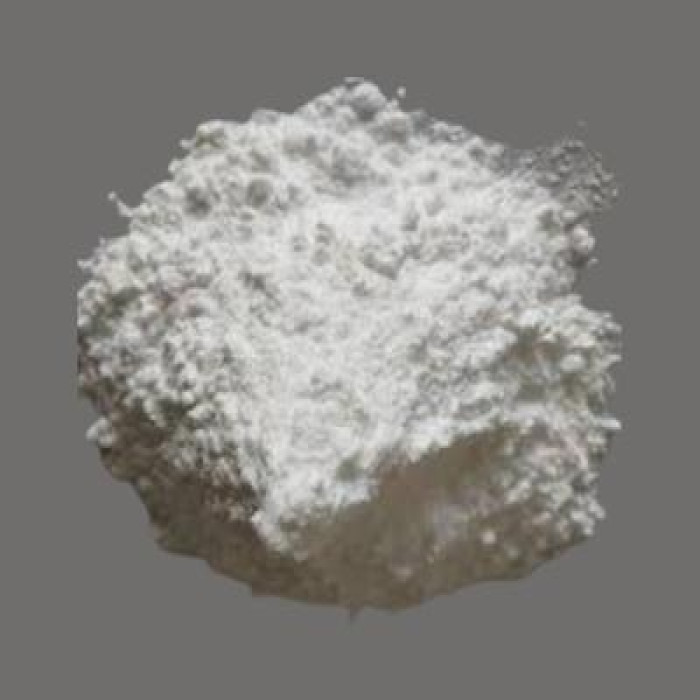
Butyryl Fentanyl (Hydrochloride)
Butyryl Fentanyl (Hydrochloride) is a synthetic opioid drug that is used medically as an analgesic, or pain reliever. It is classified as a Schedule II controlled substance by the US Drug Enforcement Administration (DEA) due to its high potential for abuse and addiction.
Chemical structure
Butyryl fentanyl is a derivative of the powerful synthetic opioid fentanyl, and is chemically similar to other fentanyl analogues such as acetylfentanyl and furanylfentanyl. It has a chemical formula of C24H30N2O3 and a molecular weight of 390.5 g/mol.
Mechanism of action
Like all opioids, butyryl fentanyl works by binding to specific receptors in the brain and spinal cord called mu-opioid receptors. This binding triggers a release of neurotransmitters, including dopamine, that produce feelings of pain relief and pleasure. The potency of butyryl fentanyl is estimated to be several times higher than that of morphine, making it a very potent and potentially dangerous drug.
Medical use
Butyryl fentanyl is not approved for medical use by any regulatory agency, and it is considered a drug of abuse rather than a legitimate medical treatment. In some cases, it may be used in a research setting to study the effects of opioids on the human body, but it is not generally available for clinical use.
Recreational use
Butyryl fentanyl is abused for its potent euphoric effects and its ability to produce strong feelings of pain relief. It is often sold on the illicit drug market, often mixed with other drugs such as heroin, cocaine, benzodiazepines, or methamphetamine. This increases the risk of overdose and death, as users may not be aware of the potency of the drug they are consuming.
Adverse effects
The use of butyryl fentanyl can lead to a wide range of adverse effects, including respiratory depression, nausea and vomiting, constipation, decreased heart rate and blood pressure, and decreased levels of consciousness. In high doses, it can cause life-threatening respiratory depression, which can lead to coma or death.
Overdose
Overdose is a serious risk associated with the use of butyryl fentanyl, as it is extremely potent and can cause respiratory depression in very small doses. Symptoms of an overdose may include shallow breathing, cold and clammy skin, blue or purple lips and nails, and loss of consciousness. If you suspect someone has overdosed on butyryl fentanyl, it is important to seek medical attention immediately.


